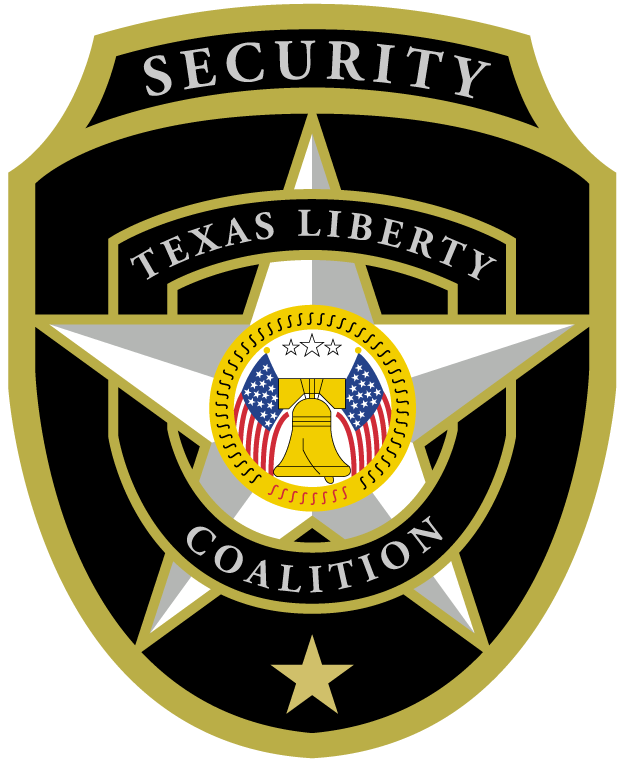***This post is opinion only and not legal advice, please consult with your company or lawyer for actual legal information.***
As a security officer, understanding the legal considerations in the use of force is crucial. The use of force must be justified and appropriate in any given situation, and officers must be aware of the Texas Penal Codes that govern the use of force. In this blog post, we will discuss the relevant Texas Penal Codes and case law, to provide a comprehensive understanding of the legal considerations in the use of force.
Texas Penal Code 9.31 outlines the circumstances in which a person is justified in using force in self-defense, or defense of others per Texas Penal Code 9.33. Under this law, a person is justified in using force if they reasonably believe that the force is immediately necessary to protect themselves, or another person, from the use or attempted use of unlawful force.
For example, imagine a security officer on patrol at a shopping mall notices a man attacking a woman in the parking lot. The security officer, who is armed, approaches the scene and orders the man to stop. However, the man continues to attack the woman and even turns towards the security officer in an aggressive manner. In this scenario, the security officer may be justified in using force to protect the woman and himself, as they reasonably believe that the force is immediately necessary to stop the attack and prevent harm to themselves or others.
Another real-life example where Texas Penal Code 9.31 may apply is when a store owner catches a shoplifter in the act of stealing merchandise. The shoplifter becomes confrontational and attempts to physically attack the store owner. The store owner, who is in fear for their safety, may be justified in using force to defend themselves under the law.
However, it’s important to note that the use of force must be proportionate to the threat faced. For instance, if the shoplifter is unarmed and issues only verbal threats toward the store owner, then the use of force may not be justified.
Texas Penal Code 9.32 provides the circumstances under which deadly force is justified. Deadly force can be used in situations where there is an imminent threat of death or serious bodily injury to oneself or another person. Deadly force can also be used to prevent the commission of a serious felony, such as murder, kidnapping, sexual assault, or robbery. However, the use of deadly force must be reasonable and necessary under the circumstances.
Texas Penal Code 9.41 addresses the use of force in defense of property. It states that a person is justified in using force to protect their property when they reasonably believe that the force is immediately necessary to prevent the other person from trespassing, damaging or stealing their property.
The use of force in defense of property is a contentious issue as it can quickly escalate into a violent confrontation. It is important to note that the level of force used must be reasonable under the circumstances. Texas law only allows the use of force necessary to protect the property, and it does not permit deadly force unless the property is being protected against an intruder who has entered a home or a vehicle unlawfully.
For example, imagine a scenario where a security officer observes a group of people attempting to break into a warehouse in the middle of the night. The officer may use reasonable force, such as calling the police or using non-lethal force to stop the individuals from breaking in. However, if the intruders are armed or have shown a willingness to use violence, the officer may be justified in using deadly force to protect the property according to Texas Penal Code 9.32.
On the other hand, if the intruders are unarmed and pose no immediate threat, the officer may only use force necessary to prevent them from damaging the property or taking anything. The use of excessive force, such as shooting or beating the intruders, would not be justified and could result in criminal and civil liability for the security officer.
It is important to note that Texas Penal Code 9.41 also requires that the person using force in defense of property must have a lawful right to be on the property. This means that a security officer cannot use force to protect property if they are trespassing or have not been authorized to protect the property by the owner or their agent.
Finally, Texas Penal Codes 9.31, 9.32, 9.41, and 9.42 provide defense to criminal liability for the use of force in certain circumstances. These statutes do not provide immunity from civil liability. Even if a security officer’s use of force is justified under the applicable statute, they may still be sued civilly for damages by the person who was subjected to the force. It is important to note that the legal standards for criminal liability and civil liability are different, and a security officer may be found not guilty of a criminal offense under the applicable statute, but still be held liable for damages in a civil lawsuit.
In conclusion, as a security officer, it is important to have a comprehensive understanding of the legal considerations in the use of force. Texas Penal Codes 9.31, 9.32, 9.41, and 9.42 provide guidelines for the use of force in self-defense, defense of others, defense of property, and immunity from criminal liability. It is important to note that the use of force must be reasonable and necessary under the circumstances. Relevant case law provides examples of when the use of force was and was not justified. By understanding the legal considerations in the use of force, security officers can effectively navigate situations where force may be necessary, while also minimizing the risk of legal repercussions.
***This post is opinion only and not legal advice, please consult with your company or lawyer for actual legal information.***

Recent Comments